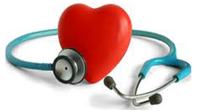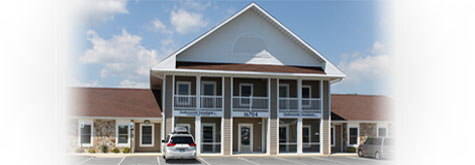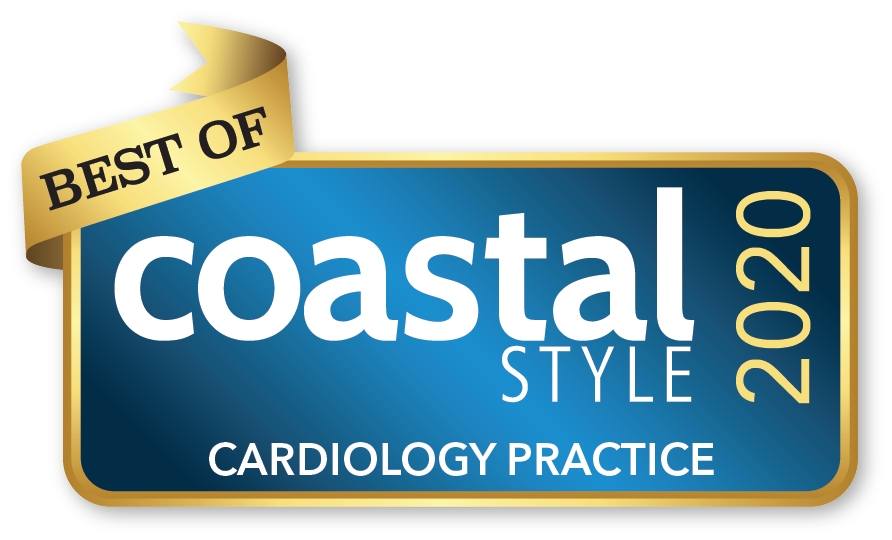Title
Patient Prep Instructions
Q 1.What do I need to bring with me for my first visit?
A 1.A current list of your medications or your actual medications are even better, a photo ID, and insurance cards. You will also bring your new patient packet if one was mailed to you, or you can come in 15-20 min for your scheduled appointment, and fill one out.
Q 2.How long should I expect to be there for my appointment?
A 2. It depends if it is your first visit, you will be about 30-45min depending on the reason for your visit. Any consecutive visits should only be about 15-20mins.
Q 3.What is the best way to contact the office?
A 3.Our phone number 302-645-1233 is the best option, and listen to the prompts to find the one best suited for you to get the answer you are looking for.
Q 4.How do I get a refill on my medication?
A 4.Call 302-645-1233 and press option 5 and leave all the required information such as name,which pharmacy you use, medication name , strength and dosage along with the number of pills and refills needed.
Q 5.Who do I speak with if I have a problem with a bill?
A 5.you can call the main number 302-645-1233 and press option 6. If the billing staff is unavailable , you can leave a voice mail and they will return your call promptly.
Q 6.Where are you located?
A 6.We are at 16704 Kings Hwy, Lewes DE 19958 and 35141 Atlantic Avenue, Unit 3 in Millville. Directions are available by dialing 302-645-1233 and choosing option 7, or also on our website.
Q 7.What if I have a question for my doctor?
A 7.The doctors assistants are available by phone at 302-645-1233 option 4, then you would choose the next option depending on who your physician was, 1 for Dr. Rosa and Dr. El Sabbagh, 2 for Dr. Denenberg and Dr. Myers, and 3 for Dr. Sunnergren and Dr. Raff. If they are unavailable, you can leave a voicemail and they will call you back promptly and take your information and concerns to pass on to the doctor.
In order to maximize the interaction between you and your cardiologist at your first visit, it is best to come prepared. There are materials you should bring with you and ways you should prepare for your appointment. Here are some tips for a more meaningful visit:
- Always bring a list of your current medications. A sheet of paper with all your current medications written out or typed out (including name, dose, and frequency of use) is an invaluable resource for your cardiologist. A list of any medication allergies is also helpful. Having these pieces of information written out helps ensure accuracy in your medical record.
- Carry a list of your health care providers (including name, address, telephone number, and condition being followed). This will help ensure that communication between your cardiologist and all of your other care providers is complete.
- Compile a list of your past health history. Important to include are any surgical procedures (with at least approximate dates), a list of any major prior or ongoing illnesses/health issues, and a list of any major tests, especially if performed within the last year. Knowing past health events can help the physician make a diagnosis or prescribe the best course of treatment.
- Compile a family health history of close blood relatives. This includes brothers, sisters, parents, grandparents, aunts, uncles, and children. From a cardiology perspective, what you are especially interested in finding out is whether any of your relatives have been diagnosed with heart disease, high blood pressure, high cholesterol, diabetes, or aneurysm. Knowing when any of your relatives passed away and cause of death is also important. A family history of health events can provide clues as to what illnesses/conditions you may be at risk for developing.
- If you have them, bring in copies of any recent lab results and any other test results from the past year, especially if the testing took place with a different health care provider. This will help avoid duplicating tests unnecessarily.
- Write down a list of the questions you have about your condition and bring it with you to the appointment. Keep the list realistic in length. You might want to pick the top 3 or 4 concerns you would like to have addressed during your visit. Even though this might seem silly, it is easy to get side tracked during a medical appointment. Write down ahead of time what pieces of information you want to leave with.
- Keep yourself organized. Putting all this data into a folder is a good idea so it's easy to access during your visit.
- Don't take anything for granted. Although information systems are getting better, and communication between systems is improving, you are still the most reliable repository of your health care record. Keep your copy accurate and up to date.
Website by: Coastalimagesinc.com for Beach-net.com




